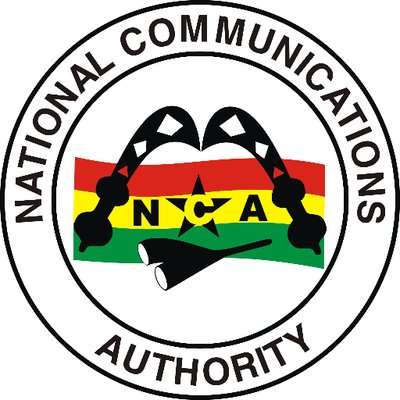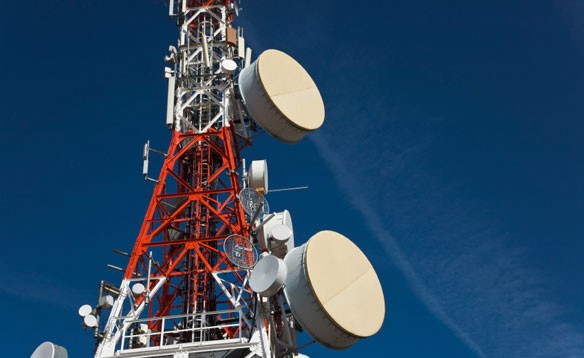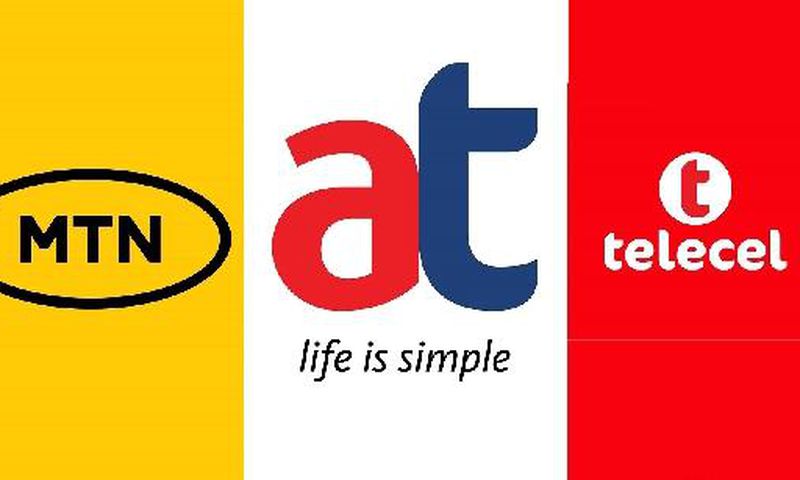Ghana’s fragile telecom infrastructure is under fresh scrutiny following a stern warning from Communications Minister Sam George to telecommunications operators.
In a public declaration, the Minister issued a June 30, 2025, deadline for telcos to improve their services or risk regulatory sanctions.
While his firm tone resonates with consumer frustration over dropped calls, buffering, and unreliable coverage even in major cities, policy think tank IMANI Center for Policy and Education pointed out that the matter runs far deeper than surface-level service issues.
Meanwhile, the government pledged to release more radio spectrum to telcos in return for measurable improvements in service delivery.
Spectrum, often described as the lifeblood of mobile connectivity, can ease congestion and allow for smoother, faster communication. However, IMANI warned that unless this spectrum is released transparently and priced affordably, the effort could prove futile.
“To be fair, the Minister is not entirely wrong in demanding better service. Consumers are frustrated. Call drops, buffering, and inconsistent coverage plague even the most urbanized areas. But, diagnosing the problem solely as telco neglect oversimplifies the issue and risks repeating cycles.”
IMANI Center for Policy and Education
IMANI pointed out that Ghana’s telecom infrastructure challenges are deeply rooted in systemic policy failures. Operators face a paradoxical environment: on one hand, they are pressured to cut data costs to increase accessibility; on the other, they grapple with rising operational expenses.
Inconsistent licensing practices, unpredictable spectrum policies, and delayed infrastructure deployment have only compounded the issue.
In its analysis, IMANI welcomed the Minister’s announcement regarding the newly allocated spectrum. However, it questioned whether the spectrum acceptance process would be affordable, timely, and transparent enough to yield real benefits.

Meanwhile, the much-anticipated rollout of 5G services by NextGenInfraco (NGIC), the neutral infrastructure provider, remains behind schedule.
NGIC was envisioned to spearhead 4G and 5G expansion in Ghana by allowing telecom operators to share a common network, thereby reducing costs. Yet delays have plagued its progress, raising concerns about its viability.
“Ghana’s Significant Market Power (SMP) policy is another example of policy intentions not matching outcomes. When MTN was designated as an SMP in 2020, the goal was to curb its dominance and give smaller operators like AirtelTigo and Vodafone (now Telecel) a better shot at competing.”
IMANI Center for Policy and Education
Regulatory Failures Undermine Telecom Sector Growth
While the SMP policy introduced restrictions such as mandatory pricing approvals for MTN, it failed to provide meaningful support for smaller players.
There were no matching provisions for investment, spectrum access, or operational freedom to allow them to expand and thrive. The end result, according to IMANI, was increased uncertainty for investors and a chilling effect on the entire telecom sector.

This policy gap is emblematic of what IMANI calls a dangerous pattern: demanding more from private operators while providing insufficient public support. As a result, telecom infrastructure development stalls, even as consumer expectations rise.
The think tank insisted that improving telecom services must go hand in hand with government accountability.
That includes reducing regulatory red tape, clearly outlining and executing competitive spectrum allocation, and ensuring that projects like NGIC move beyond bureaucratic inertia to become robust, scalable solutions.
IMANI further warned that asking operators to offer better data packages and service rewards, without simultaneously upgrading infrastructure capacity, risks making the situation worse.

“The Minister has stated that telcos offer more value without lowering prices, effectively asking for larger data bundles and service rewards while input costs rise and infrastructure remains weak. Without expanded capacity, value-added services may only worsen existing network congestion.”
IMANI Center for Policy and Education
At the heart of the issue is a digital economy that depends heavily on reliable and affordable telecom infrastructure.
IMANI argued that while the Minister’s ultimatum may create bold headlines, real improvement will require a sober reassessment of existing policies. Without trust from investors and proper public-private alignment, the sector will continue to underperform.
The organization concluded by stressing that Ghana’s future digital ambitions must rest on policy clarity, infrastructure readiness, and a regulatory framework that empowers rather than hinders growth.
Only then, it insisted, will consumers begin to see the improvements they have long demanded.
READ ALSO: Angela Okorie Makes Peace with Mercy Johnson




















